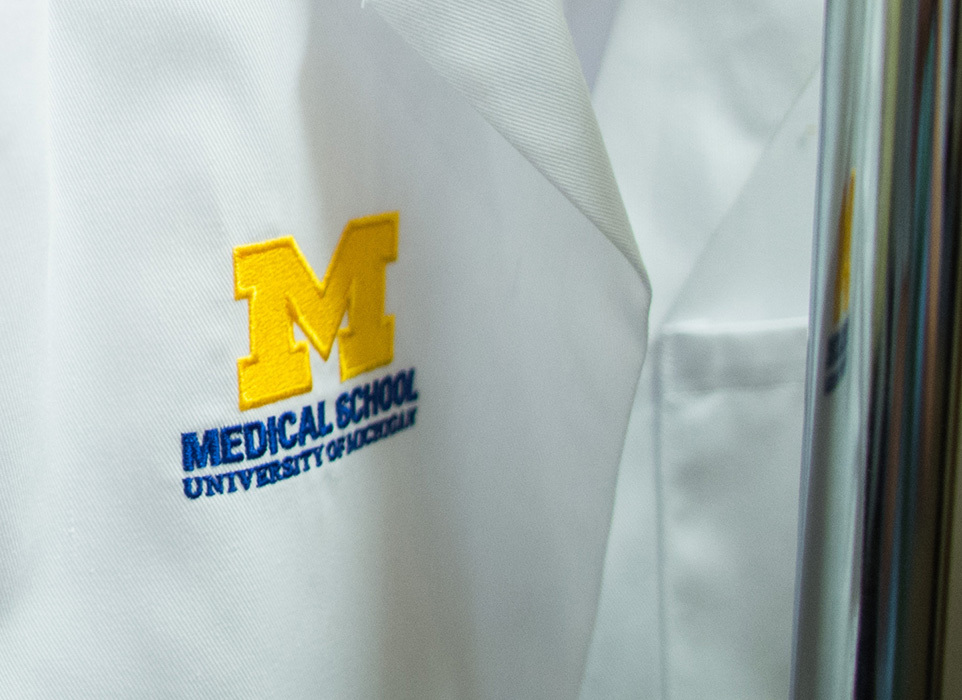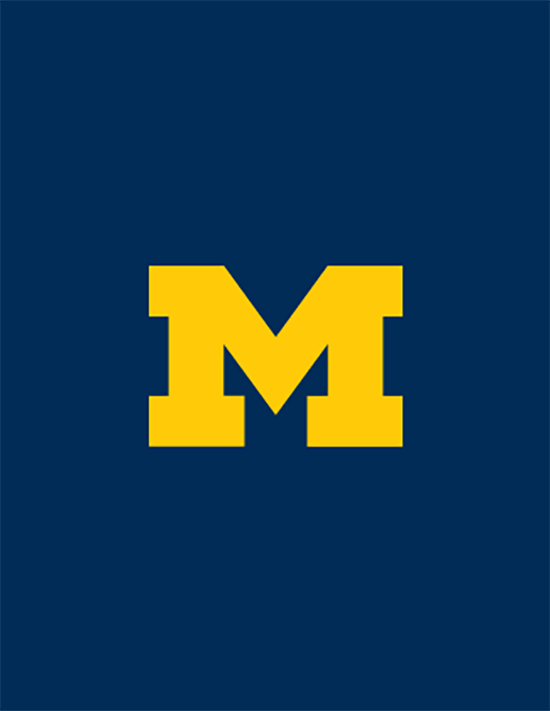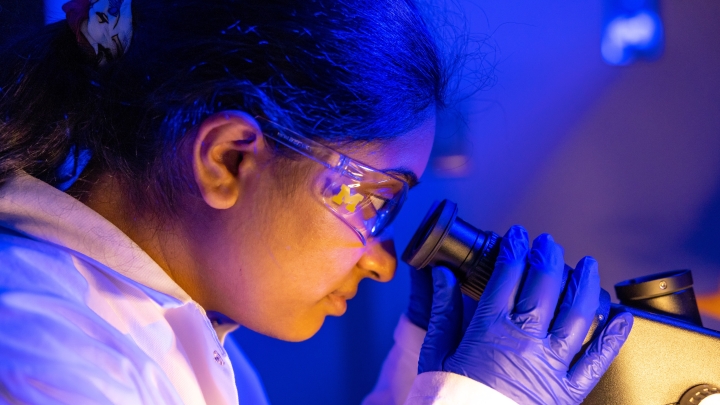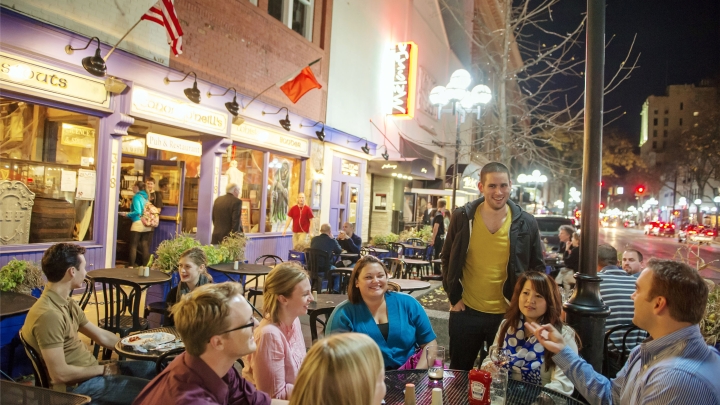The U-M Medical School Department of Neurology, Neurosurgery, and Radiation Oncology and the Neuropathology Division have added faculty to the neuro-oncology program over the last several years. Centered in the U-M Medical School Department of Neurology, the neuro-oncology program offers an excellent training opportunity for highly motivated, board certified/eligible neurology residents or internal medicine candidates with oncology fellowship training interested in pursuing a career as an academic or clinical neuro-oncologist. Our training offers certification in neuro-oncology through the United Council for Neurologic Subspecialties (UCNS) after one or two years of training.
The neuro-oncology training at the U-M Medical School provides trainees with training in the diagnosis and management of primary and metastatic brain tumors, as well as in diagnosing and management of neurologic complications of cancer and its treatment. In the neuro-oncology clinic, located in the University of Michigan Rogel Cancer Center, trainees obtain extensive experience managing patients with glioblastoma, anaplastic gliomas, low grade gliomas, meningiomas, primary CNS lymphoma, medulloblastoma, ependymoma, parenchymal and leptomeningeal metastasis from systemic cancers, as well as less common tumors that affect the nervous system. In a consultative role, trainees obtain extensive experience in the management of neuro-oncology patients admitted to the inpatient neurology service for chemotherapy and neurologic complications of treatment. Neuro-oncologic consultations on other services will be seen by trainees on a selective basis, as well.
Candidates are expected to have finished a residency in adult neurology and be BC/BE by the training start date (i.e. July 1st, but start date is flexible). We will also consider internal medicine applicants with fellowship training in oncology on a case by case basis. Currently, our program accepts one trainee candidate on an every other year basis.
To apply, please submit a CV, personal statement, three letters of recommendation (one of which is from a program director or chair and two from faculty that you have worked with during the previous twelve months), and an application form.
You must be a United States citizen, permanent resident (green card holder), or have a J-1 visa sponsored through ECFMG. We do not sponsor any other visas.
For more information or to apply, please contact Annie Riddle at 734-647-6562 or at [email protected] or Dr. Nathan Clarke at [email protected].
Our program hosts a monthly neuro-oncology conference, the content of which may include pertinent basic, translational or clinical research presented by faculty, journal club, review of presentations from recent national meetings, and discussion of recent clinical advances. The trainee attends and presents at informal didactic sessions specific to neuro-oncology. The trainee may also attend departmental, Rogel Cancer Center, and institutional lectures, and is encouraged to give conference presentations as one aspect of their training, where appropriate.
One of the highlights of the multidisciplinary aspect of our program is the weekly Brain Tumor Board, where challenging cases are presented. In this conference, the trainee gains knowledge that can’t be learned from textbooks, including the thinking processes and the interdisciplinary interactions that are integral to modern patient care.
- Adult Neuro-Oncology Outpatient Clinic
- Pediatric Neuro-Oncology Outpatient Clinic
- Radiation Oncology Outpatient Clinic
- Opportunities for elective rotations in Neurosurgery, Neuroradiology, Neuropathology, Palliative Care, Symptom Management Clinic
The program curriculum and expectations are designed to span the duration of a two year program, however, under certain circumstances, the curriculum can be adjusted to accommodate completion in one year while achieving UCNS neuro-oncology subspecialty certification eligibility.
While clinical training is the main focus of the program, especially during the first year, trainees’ academic interests are developed through faculty supervised research projects, which can be basic, translational or clinical in nature. The seeds of these projects are sown during the first year of training, with more time to devote to this endeavor in the second year. Additionally, attendance of at least one annual neuro-oncology specific meeting is encouraged.
Neuro-oncology is not a specialty that can be undertaken by a single department or practitioner. The well-being of our patients relies on the expertise of physicians from many different backgrounds. Within our neuro-oncology program, there is a wealth of neuro-oncologic subspecialty expertise within all of the involved disciplines.



We have a long tradition of providing world-class training in clinical neurology. Your experience at the University of Michigan Department of Neurology will afford you many opportunities and prepare you to be an educator and a leader in our health care community.

We find a new reason to love Ann Arbor nearly every day — year-round outdoor activities, cultural experiences, a growing food scene, and a welcoming, family-friendly atmosphere are just a few that come to mind. Explore all that Ann Arbor and our surrounding communities have to offer.